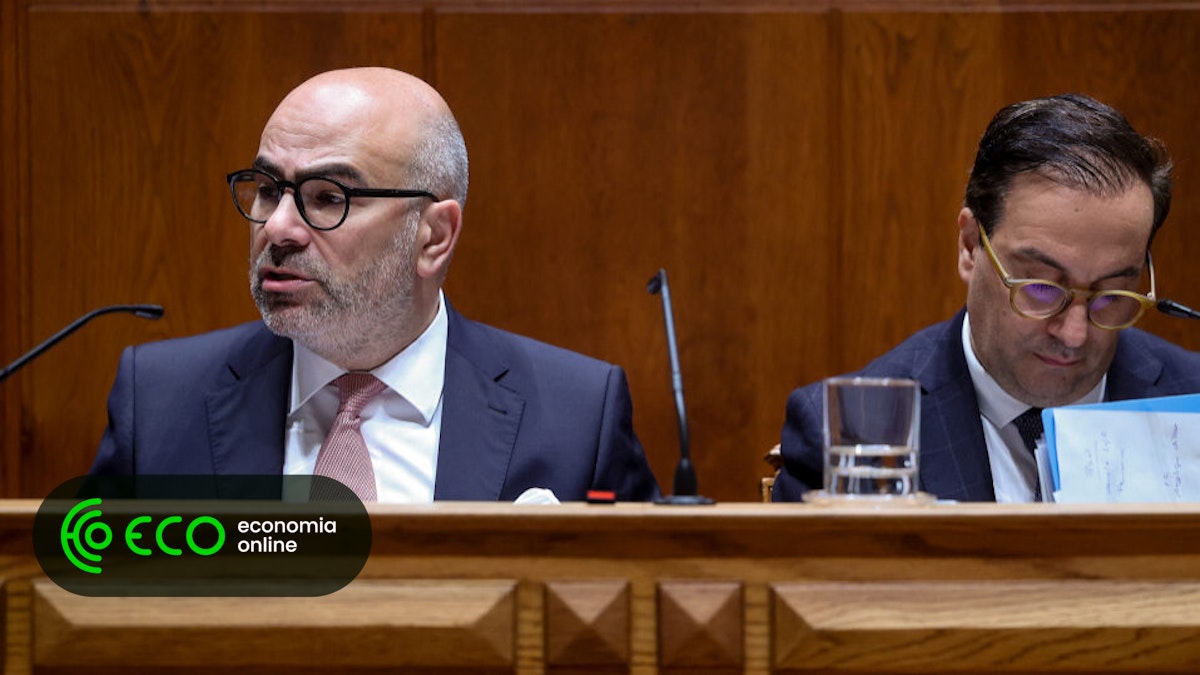Portugal Announces 6% VAT for New Construction: What Investors Need to Know for 2026
In a landmark policy shift poised to reshape
Portugal's real estate development landscape, the government has formally announced its plan to drastically cut the Value Added Tax (VAT) on new housing construction from the standard 23% to a reduced rate of 6%. Minister of Infrastructure and Housing, Miguel Pinto Luz, confirmed that the administration is targeting the first quarter of 2026 for implementation, a move that will profoundly alter the financial viability of new projects, particularly in high-demand markets like Lisbon and Porto.Key Takeaways
- ✓ Portugal's government is set to slash VAT on new housing construction from 23% to 6%.
- ✓ The measure is anticipated to take effect by Q1 2026, applying to new projects submitted thereafter.
- ✓ The reduced rate covers new homes for sale up to €648,000 and build-to-rent properties with monthly rents up to €2,300.
- ✓ This aggressive fiscal stimulus is designed to catalyze housing supply, presenting a significant strategic opportunity for property developers and investors.
This pivotal fiscal incentive is a cornerstone of the government's comprehensive 'Build Portugal – Rental and Simplification' package, a strategic initiative designed to combat the nation's housing shortage by stimulating supply. The reduced VAT will apply to new construction projects submitted for municipal approval after the law's enactment. For investors specializing in off-plan properties in Lisbon, this legislative change represents the most significant financial re-engineering of the development sector in over a decade, promising to lower costs and de-risk new ventures.
The policy is explicitly designed to address the acute housing pressures in the metropolitan areas of
Lisbon and Porto. By substantially lowering the tax burden on construction—a major component of total development cost—the government aims to unlock a wave of private investment, making a broader range of new-build projects financially feasible and thereby accelerating the delivery of much-needed housing stock to the market.Market Implications for Investors
The proposed 17-percentage-point reduction in VAT is a transformative event for real estate developers, constructors, and financial backers. This dramatic cost reduction directly enhances project profitability, creating a dual potential: it can either be absorbed as a higher profit margin for developers or be passed on to consumers in the form of more competitive sale prices, thereby broadening the potential buyer pool. This is expected to trigger a new cycle of construction, especially in the mid-market and affordable housing segments.
However, investors must adopt a strategic, medium-term perspective. Finance Minister
Joaquim Miranda Sarmento has prudently managed expectations, clarifying that while the law is slated for 2026, the 'great effect' on market-wide supply will likely only become apparent from 2027 onwards. This is due to the inherent delays in the development lifecycle, from project submission and licensing to the commencement and completion of construction. This projected timeline creates a strategic window for forward-thinking investors and developers to acquire land, finalize designs, and prepare projects to enter the pipeline as soon as the law is active. Partnering with established constructors in Portugal will be essential to capitalize on this first-mover advantage.A Closer Look at the New Tax Regime's Mechanics
The proposed legislation is carefully calibrated with specific conditionality to ensure it addresses its intended policy goals. The 6% VAT rate is not a blanket reduction for all construction. It will apply to the construction of homes intended for sale with a final price capped at
€648,000. For properties developed specifically for the rental market (build-to-rent), the reduced rate is applicable if the resulting monthly rent does not exceed €2,300.Prime Minister
Luís Montenegro has defended these caps, particularly the rental ceiling, which some might view as high. He argued it is a 'maximum ceiling' necessary to incentivize the construction of family-sized homes in high-cost urban areas like Lisbon, where development costs are highest. This targeted tax regime is set to be a temporary measure, remaining in force until 2029, providing a clear, multi-year runway for the construction industry to respond.Need Expert Guidance?
Get personalized insights from verified real estate professionals, lawyers, architects, and more.
Broader Market Context
This aggressive supply-side intervention comes at a pivotal moment for the Portuguese housing market. Years of sustained price growth, fueled by strong international demand and a structural housing deficit, have created significant affordability challenges. The government's strategy pivots away from demand-side subsidies towards directly tackling the core issue of insufficient supply.
Several key factors define the current market environment where this policy will land:
- Structural Housing Deficit: A well-documented shortage of available homes, especially in Lisbon and Porto, has been the primary driver of price inflation.
- Elevated Construction Costs: Beyond the tax burden, rising material and labor costs have acted as a significant deterrent to new development, a barrier this VAT cut aims to mitigate.
- Resilient Market Demand: Despite price increases, demand from both domestic and international buyers remains exceptionally strong, ensuring a ready market for new, well-priced inventory.
- Pro-Investment Government Stance: This VAT reduction is the flagship policy of a broader government agenda focused on simplifying bureaucracy and stimulating private sector solutions to the housing crisis.
By fundamentally altering the cost-benefit analysis for developers, the government is betting that private capital will flow more readily into new residential projects. Investors should still perform rigorous due diligence, particularly concerning the risks associated with new builds.
Investment Considerations
For astute investors, this announcement is a call to strategic action. The immediate priority is to prepare for 2026 by identifying suitable land parcels, initiating architectural plans, and forming partnerships with local construction firms. The focus on 'new projects' is critical; the benefit will not apply to simple renovations but to substantial new-build or complete reconstruction projects that require new municipal licenses.
A thorough understanding of the financial and tax implications is non-negotiable. Investors must engage with expert advisors, such as specialized property tax accountants, to model project feasibility under the new regime and optimize long-term returns. The defined price and rent caps indicate the policy's focus is on the mid-range to upper-mid-range market, rather than the ultra-luxury segment, requiring careful project positioning.
Future Outlook
The planned VAT reduction is arguably the most impactful fiscal stimulus for Portugal's real estate sector in a generation. It represents a clear, decisive commitment from the government to resolve the housing crisis by empowering the supply side of the market. While the bill must still pass through parliament, the broad political consensus on the need to address housing affordability suggests it will likely be approved.
This forthcoming change will be the central topic of discussion for all industry stakeholders in the months ahead. For expert, forward-looking advice on how to strategically position your investments to capitalize on this transformative policy, contact realestate-lisbon.com.






